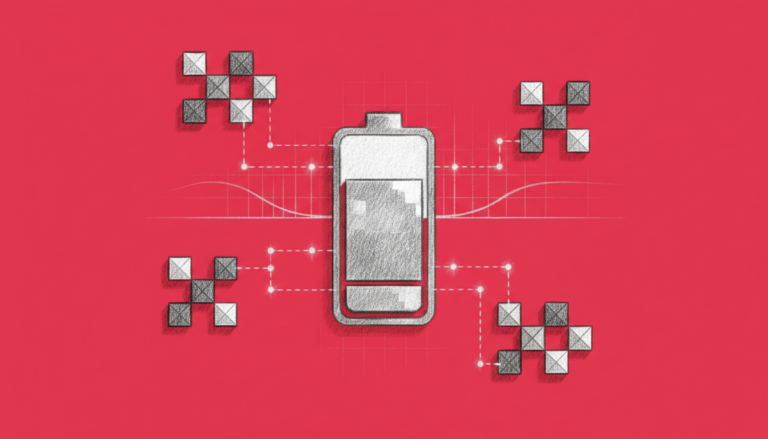Wimbledon Faces Criticism Over AI Line Judges as Players Report Incorrect Calls and Technical Glitches
Tennis players are criticizing Wimbledon's new AI line judges, which were introduced this year for the first time, replacing human line judges who traditionally determine whether a ball is in or out. Numerous players have voiced concerns over the technology, primarily citing instances of incorrect calls that have affected their performance. British tennis star Emma Raducanu highlighted a specific issue where the AI missed a ball that clearly went out, forcing her to play the point as if the ball were in. Television replays confirmed that the ball was indeed out. Jack Draper, the British No. 1, also expressed dissatisfaction, stating that he did not believe the AI was "100 percent accurate." The challenges with the AI line judge technology extended beyond just incorrect calls. During a match involving Ben Shelton, players were instructed to hasten their play due to the system's potential failure caused by dimming sunlight. Some players reported difficulty hearing the new automated speaker system, and one deaf player specifically noted that the absence of visual hand signals from human judges left her uncertain about winning points. A notable incident occurred during a weekend match between British player Sonay Kartal and Russian player Anastasia Pavlyuchenkova. A ball that went out was not correctly called by the AI, leading the umpire to intervene and order a replay of the point. Wimbledon later issued an apology, attributing the error to a human oversight where the technology was inadvertently shut off during the match. They have since adjusted the system to prevent similar issues. Debbie Jevans, chair of the All England Club, which hosts Wimbledon, defended the decision to implement AI line judges. She pointed out that when human line judges were used, players often demanded the adoption of electronic line calling systems, citing higher accuracy. "When we did have linesmen, we were constantly asked why we didn’t have electronic line calling because it’s more accurate than the rest of the tour," Jevans said. These criticisms echo broader concerns in the sports world about the complete replacement of human elements with AI. Earlier this year, Alexander Zverev of Germany posted a photo on Instagram showing a ball that the automated system called in, despite it clearly being out. Such incidents highlight the need for a balanced approach, where human oversight complements AI technology to ensure fairness and reliability. In another recent example, the company Klarna announced plans to hire more human workers following a previous push towards automation, underscoring the ongoing debate about the role of AI in various industries. The challenges faced at Wimbledon may contribute to discussions on how to best integrate technology while maintaining the integrity of traditional human roles. Wimbledon has been contacted for further comment. As the use of AI in tennis and other sports continues to evolve, it will be crucial to address these issues and find a middle ground that satisfies both players and spectators.
